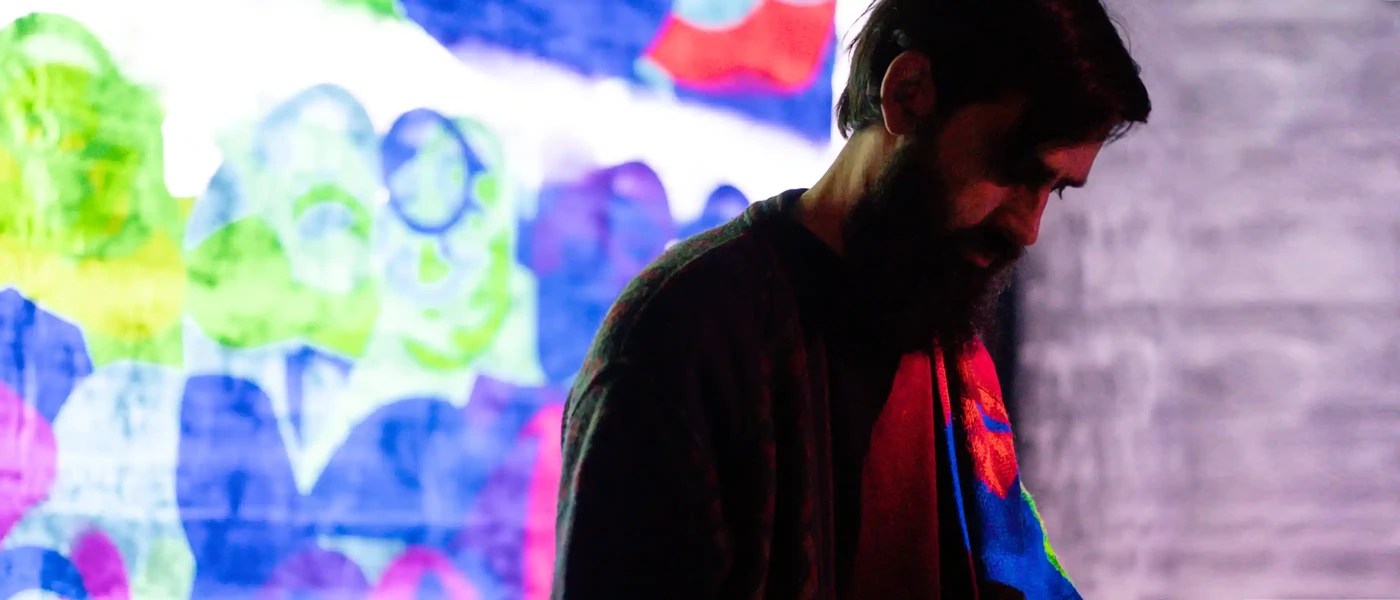
Internship semester
In the course of your studies at University of Europe for Applied Sciences (UE) you will absolve an integrated practical semester. Within the standard period of study this would take place in your fifth semester. During this exciting time frame you will make the first steps towards your desired field of work and have the opportunity to reflect on your chosen orientation. In order to ensure your best learning experience, we have compiled the most important guidelines for your practical semester at UE.
